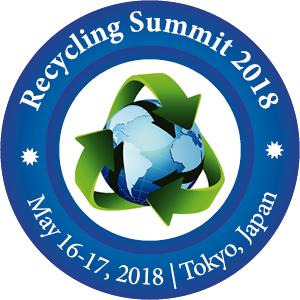
B. B. Jana
Member of National Academy of Agricultural Sciences, New Delhi
Title: Human urine as organic alternative to chemical fertilizers: Positive feedback to poverty alleviation and safety of Mother Earth
Biography
Biography: B. B. Jana
Abstract
Human urine is not a waste but a resource out of place. Average person voids around 2 liters of urine per day which is rich in nitrogen (15-19%), phosphorous, (2.5-5%) potassium (3.0-4.5%), carbon (11-17%) calcium (4.5- 6%) apart from some growth promoting agents such as amino acids, glucose and vitamins and immense medicinal properties that enabled it perfect for urine therapy. More than 2.4 billion people in the world of which nearly 60% of the Indian population do not have access to proper sanitation causing high risk numerous of airborne and waterborne diseases when discharged into the sewer system or through open defecation. On the other hand, there is vast scope for its profitable uses in various economic driven activities. As a result, eco-san has emerged as eco-friendly alternative to close the loop between sanitation and agriculture by the way of providing organic fertilizers in agriculture and aquaculture production. Urine diversion toilet is particularly useful for collection and to create safe fertilizers that would substitute cost intensive synthetic chemical fertilizers and provide food security, poverty and malnutrition alleviation, and improve the trade balance of countries importing chemical fertilizers. Researchers have shown human urine as a safe fertilizer in organic farming for the production of tomato, barley, wheat, spinach, Ash gold, French bean, pole bean, pumpkin, banana, green Amaranth, cucumber, etc.

